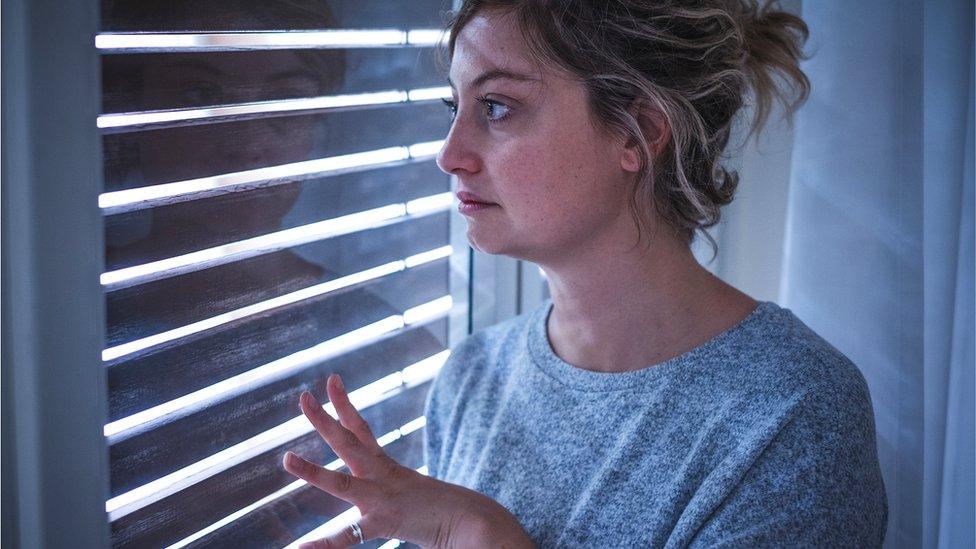Covid in Scotland: Reports of children in abusive homes increase
- Published
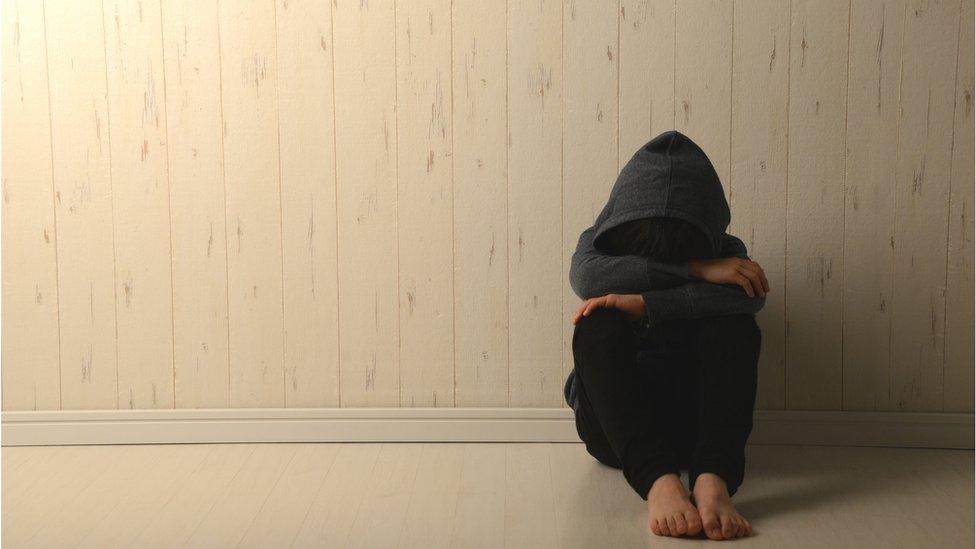
Reports of children living with domestic abuse in Scotland have risen since the beginning of the pandemic, according to a children's charity.
The NSPCC refers concerns made to its confidential helpline to agencies such as the police and local authorities.
It says referrals to agencies in Scotland about children in abusive households has increased by more than 30% since April last year.
And it warns they are likely to rise further under the current lockdown.
The charity said concerns raised with its helpline include neighbours reporting non-stop arguing and children crying.
In the first three months of last year the charity made an average of 32 referrals a month to agencies.
A total of 377 referrals were made between 1 April and 31 December - a monthly average of 42.
The rise coincided with the beginning of the first lockdown at the end of March, when schools were closed to most pupils and people were told to work from home wherever possible.
"With families facing increased pressure behind closed doors, lockdown restrictions have made some children more vulnerable to experiencing domestic abuse, as well as other forms of abuse and neglect," said Joanna Barrett, the charity's Scotland policy and public affairs manager.
"It is vital that no child becomes invisible at this time, and support is available and provided now to all children and families who need it.
"It is also so important that people speak out if they are concerned about a child. Our helpline experts are there to answer any questions and concerns, provide reassurance or take quick action if we feel a child is in danger."
Across the UK, the average number of monthly contacts about this issue has increased by more than 50%.
In November the charity responded to 1,053 contacts about domestic abuse from across the UK - its highest ever levels.
- Published7 January 2021
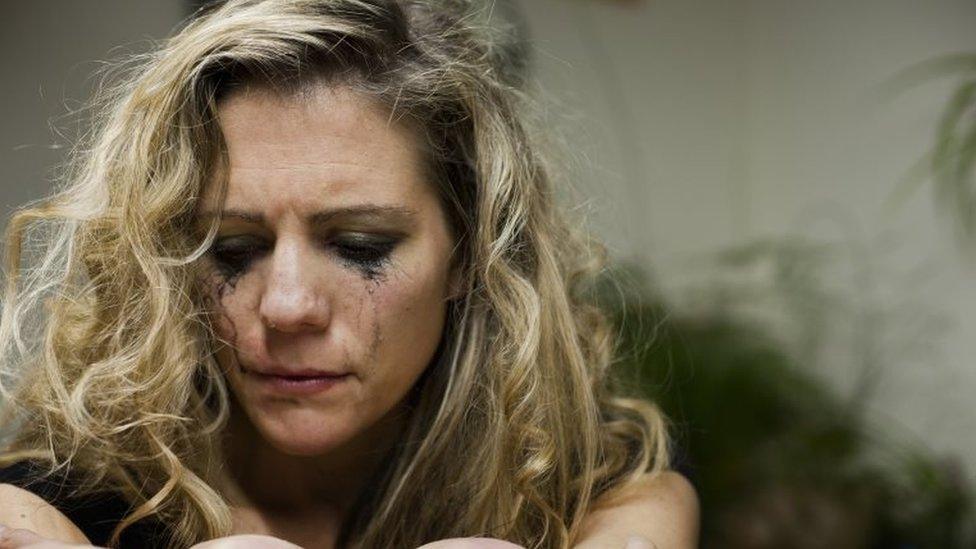
- Published20 September 2020
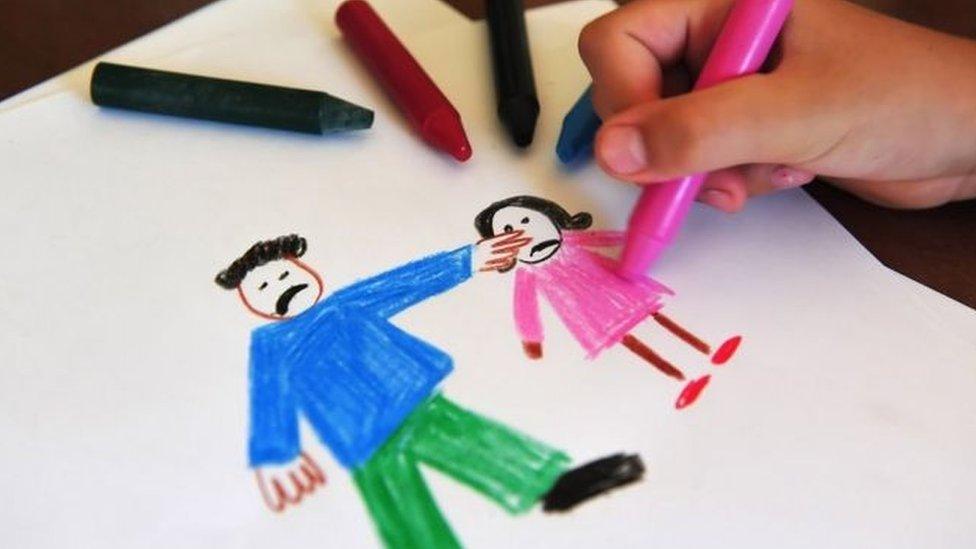
- Published23 July 2020
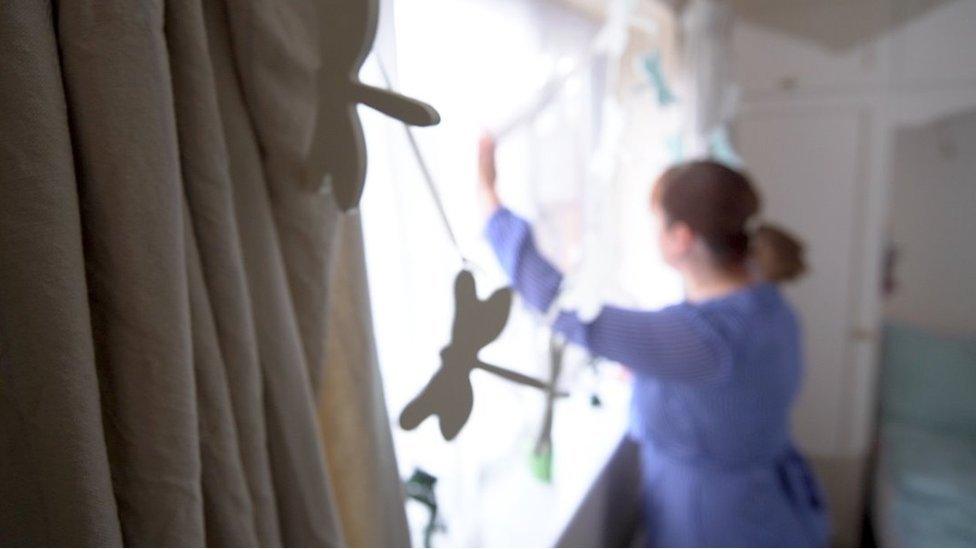
- Published19 April 2020
